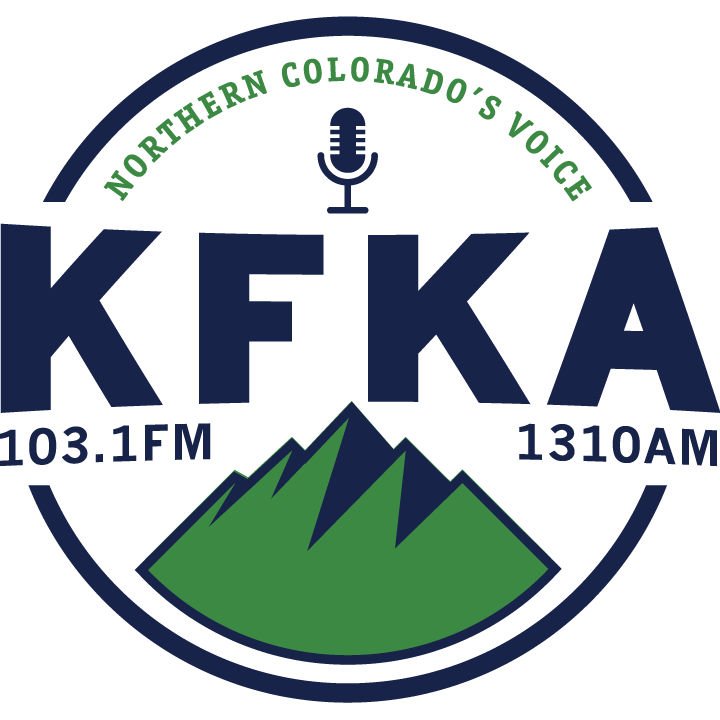 Kameleon007/iStockBy SHANNON SANDERS, JP KEENAN, LUIS A. YORDAN and CATHERINE THORBECKE, ABC News
Kameleon007/iStockBy SHANNON SANDERS, JP KEENAN, LUIS A. YORDAN and CATHERINE THORBECKE, ABC News
(NEW YORK) — Millions of Americans abruptly awoke to a new reality last month, as the coronavirus spread to further reaches of the country and seemingly overnight brought the U.S. economy to a screeching halt.
In April alone, more than 20 million Americans lost their jobs and filed for unemployment insurance, as a myriad of states forced nonessential businesses to close.
“What we have seen is the fastest layoffs ever in history, the fastest economic contraction ever in history,” ABC News’ chief economics correspondent Rebecca Jarvis said. “It’s like the world woke up and it was a completely different place.”
In total, some 33 million Americans have filed jobless claims in the seven-week period since mid-March.
Many economists point to April as the month that COVID-19 emerged as an apparent twin catastrophe in the U.S., sending Americans reeling to cope with a double-edged health and financial crisis.
By mid-April, the coronavirus-induced economic crisis quashed all U.S. job gains made since the great recession of 2008. The fallout was indiscriminate — with travel, retail, hospitality and food services being hit especially hard.
“Me and along with about 30 of my co-workers were officially laid off indefinitely,” Edith Muzquiz, a bartender from Garfield, New Jersey, told ABC News in the last week of March.
Jose Vera, a graphic designer from Wilton Manors, Florida, added, “Basically, yesterday was my last day at work.”
“Now I’m like trying to see what I can do to stay as proactive as I can,” Vera said.
Lawmakers and the Federal Reserve quickly attempted to pull out all the stops to help buoy the economic fallout from the pandemic.
In the last week of March, President Donald Trump signed the CARES Act into law, a $2 trillion economic stimulus relief bill. It promised support for small businesses, extra funds for unemployment insurance and more.
The CARES Act also pledged economic relief checks of up to $1,200 to all Americans to help mitigate the financial hit of the crisis and boost recovery.
By mid-April, when the stimulus checks started hitting people’s bank accounts, however, the fallout only continued as businesses remained shuttered.
“You can’t just literally turn the whole economy off one day and then expect to be able to give a check out to most of American business and then it’s all suddenly going to work out,” Jarvis said. “This isn’t really stimulus, this is ‘fill the void money.’ Because we would have been as an economy turning out trillions of dollars.”
Millions more Americans lost their jobs and filed for unemployment insurance each week in April. New filings peaked at a staggering 6.9 million in the week ending March 28, but in the week ending April 4, an additional 6.6 million people filed claims. In the week that followed, 5.2 million more people filed jobless claims, and millions have filed each week since.
Prior to the coronavirus pandemic, the previous record for unemployment filings in a single week was 695,000 in 1982.
As unemployment insurance offices were inundated with a deluge of claims in the millions each week in April, many people reported waiting weeks to get their unemployment benefits, and struggles of getting through to anyone at their state’s labor departments.
“I am calling to Texas Workforce Commission just to see if we can get through and we’re getting a busy number,” Barbara Bridges, a group sales manager from San Antonio, Texas, told ABC News.
As the month waged on and the country remained largely closed, calls for pandemic restrictions to ease up despite rising COVID-19 death soon grew — including from Trump.
“I just want to say that you talked about, couldn’t it lead to death, meaning you open up could lead to death, and you’re right,” the president said at an April 9 news briefing. “But you know what, staying at home leads to death also.”
“It is very traumatic for this country, but staying at home, if you look at numbers, that leads to a different kind of death perhaps, but it leads to death also,” Trump added.
As the economic crisis deepened, protests soon roiled the country with people calling for the nation to reopen.
“Everybody gets to make their own choice if you’re scared stay home, but I’m not scared and I don’t want to stay home,” an unidentified protester told ABC News at a rally in Raleigh, North Carolina, on April 14.
Despite the devastation of the unprecedented economic crisis, most health authorities remain wary of fully reopening the economy until a major medical advancement such as a vaccine is created.
As some states ease pandemic restrictions, business owners are forced to weigh the health risks for employees and customers with the financial benefits of reopening. Moreover, consumer confidence remains low.
“The reopening of the economy is one of the most complicated, difficult choices, because if we see a soaring number of new deaths, of new cases of coronavirus, who’s going to want to go out and spend money?” Jarvis said. “Who is going to go to a restaurant, take a trip, go on vacation, who is going to want to go to their job?”
Copyright © 2020, ABC Audio. All rights reserved.
